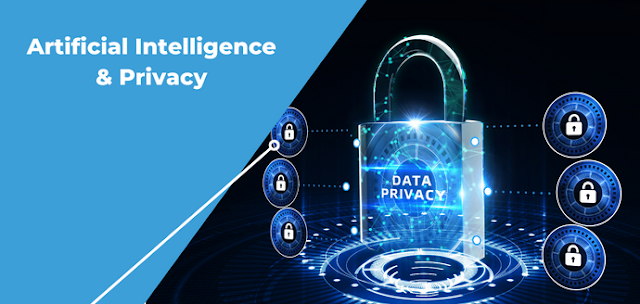Applications of Artificial Intelligence in Healthcare

Artificial Intelligence (AI) is rapidly transforming the healthcare industry, offering innovative solutions to long-standing challenges and ushering in a new era of patient care, diagnosis, and treatment. With the ability to analyze vast amounts of medical data quickly and accurately, AI is improving patient outcomes, streamlining operations, and revolutionizing medical research. In this article, we explore the diverse applications of AI in healthcare. 1. Disease Diagnosis and Early Detection AI-driven diagnostic tools have demonstrated remarkable capabilities in disease identification and early detection. These systems leverage machine learning algorithms to analyze various medical imaging modalities, such as X-rays, MRIs, and CT scans. By training on vast datasets of images and clinical records, AI models can spot subtle anomalies and patterns that may be challenging for the human eye to detect. For instance, in the case of radiology, AI algorithms can highlight potential abnormaliti









.png)


